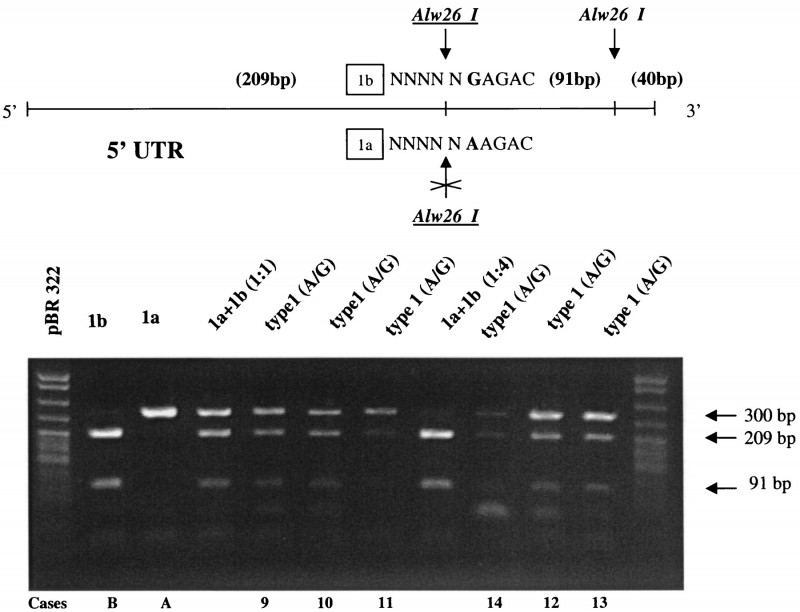Forum Replies Created
-
AuthorPosts
-
19 August 2018 at 3:58 am in reply to: Blood sugar and insulin resistance going up during treatment #28471
Hi John,
Diabetes is 3 x as common in people with Hep C.
It’s also considerably more common in people who are overweight.
Diabetes just needs to be looked at, and treated, on its merits with no consideration of the Hep C.
We do see pre-diabetes resolve in overweight patients who loose weight, but this is easier said than done. The diabetes medication Metformin is the commonest starting med and interestingly helps about 50% of people lose some weight.
YMMV
Hi Mark
The genotype testing works like this:
First you do a PCR to amplify the quantity of viral RNA you have
Then you add probes that attach to GT1, GT2, GT3, GT4, GT5, GT6
Then you wash the probes out and see how much has stuck to the viral RNA
And get results like
GT1 98%
GT2 0.0001%
GT3 0.0001%
GT4 2%
GT5 0.0001%
GT6 0.0001%So you’d call that GT1 (which we know is a bit like GT4) and just a bit like the others.
In reality it looks like this where you can see a pure 1a and pure 1b on the left, then a 1a/1b

YMMV
Fantastic news splitdog!

YMMV
Hello Elly,
There is a known association between Diabetes and Hep C. Diabetes is much more common in patients with Hep C. This is a good article on all the so called “extra-hepatic manifestations” of Hep C.
https://www.ncbi.nlm.nih.gov/pmc/articles/PMC4735500/
While blood sugar control might be better after treating (and I have seen this) it might also not change much (I have seen this too). A patient’s general state of health is typically much better.
Interferon was nasty stuff. While all drugs have side effects, and DAAs do have some mild side effects in some people, they are remarkably clean and effective when ribavirin does not have to be used. Eye issues are not commonly reported and we have analysed the entire FDA FAEARS database (48,000+ side effect reports covering well over 1 million treatments).
So it’s unlikely treatment would cause eye issues. Do you have a sympathetic doctor to talk to and are the medications available to you (if so what?).
YMMV
Thank you for the kind words mrcleanrt and congrats on the undetected – it’s a stepping stone to the destination.
I intend to stay involved with the website and will contribute anything I can over the years.
That would be great, it takes good people giving up their time to keep a place like this alive and most people (with our complete blessing) wander off after getting SVR. It’s one thing for me to say it, but another thing entirely for somebody wondering “is this for legit” (actually the title of the first post here) to hear it first hand from people who have walked the lonely walk.
YMMV
Hi Tanya,
Sorry to hear it’s not entirely smooth sailing.
Hep C is a neurological disease, and many patients get what is loosly called “brain fog”. Now this probably means “brain not working quite as fast” so it’s not unreasonable to suggest that your brain may be becoming “de-fogged” and that’s why you’re getting a bit of anxious thinking.
Add in that it is stressful wondering if you’re going to get cured, and that some people do get some side effects from any medication (these ones included)…
I’d be agreeing with your doctor that we expect it to all settle down when you finish the pills and the comparison between the before and after you will show the “new you” is in a better state of health.
Best Wishes
YMMV
13 August 2018 at 8:25 pm in reply to: DAA use clearly linked to reduction in death rates in Australia #28437And probably a few less too since someone started making prescriptions for generics before that?
Yes, there are a few who would not be more likely to be pushing up daisies than smelling the roses…
YMMV
Hello kaju,
Being worried during Hep C treatment is not a reason to see a psychiatrist. It is completely normal!
It does sound like you are pushing the exercise a little too hard, a little too fast.
YMMV
Hello kaju,
20,000 steps is a lot. Particularly where is it hot and humid, but also with people exercising without enough water intake we see these enzyme rises due to mild muscle damage.
So please make sure you get enough water when exercising. For most people getting enough water means you need to urinate several times a day and that urine is ~ 1/2 way between clear water color and dark urine colour – too much water and it becomes very pale, not enough water and it becomes very dark.
YMMV
Hello kaju,
Is it hot and humid where you exercise?
YMMV
Hi Mindy,
Sorry to hear all is not well after treatment. One thing I regularly remind my patients about is this:
Getting treated for Hep C provides no protection from all the other diseases of ageing so if you are not right, particularly after treatment when the medications have washed out of your system and the virus is gone – then see a doctor.
It would be a good idea to get a viral load. While the success rate of Maviret is high it is not 100% so if you are 8 weeks out from treatment getting your old Hep C symptoms back there is the worry of relapse. Hopefully, that’s not the case, but we do need to check.
YMMV
We have a quorum!
Long live queen Coral!
YMMV
Hello Kaju,
You are overdoing the exercise.
While we see elevated AST and ALT with liver problems we see elevated
LDH
AST
ALT
CK(All of which you have) when people damage their muscles.
This fits well with the fluctuations we are seeing.
YMMV
-
AuthorPosts
